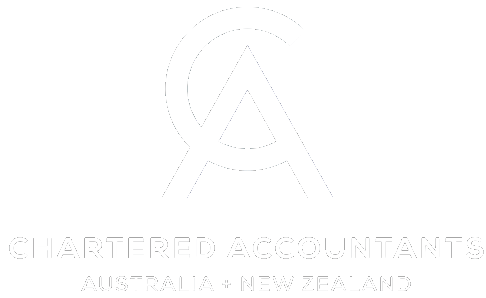StewartBrown
ABN: 63 271 338 023
Level 2, Tower 1,
495 Victoria Avenue
Chatswood, NSW, 2067
Stewart Brown Advisory Pty Ltd
ABN: 19 143 011 750
AFSL: 355134
Level 2, Tower 1,
495 Victoria Avenue
Chatswood, NSW, 2067

StewartBrown
ABN: 63 271 338 023
Level 2, Tower 1,
495 Victoria Avenue
Chatswood, NSW, 2067
Stewart Brown Advisory Pty Ltd
ABN: 19 143 011 750
AFSL: 355134
Level 2, Tower 1,
495 Victoria Avenue
Chatswood, NSW, 2067









